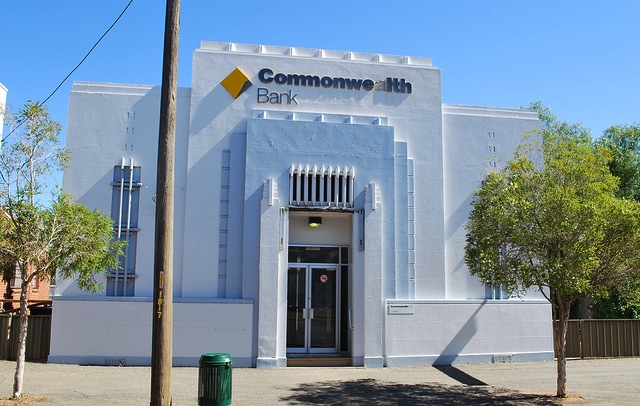What would happen if the world’s richest people invested in startup businesses? Bloomberg Business ran an interesting, if flawed, thought experiment looking at how many nascent companies each country’s richest individuals could invest in.
It’s surprising how low those numbers are and, if anything, the result underscore how the 1980s and 90s banking sector ‘reforms’ caused the world’s financial system to pivot from its historical purpose of funding commercial enterprises into speculation, rent seeking and manipulating markets.
Apart from a smattering of venture capital not much has replaced the banks in funding the SME and entrepreneurial sectors, if anything it has been those ultra high net wealth individuals who have been financing the investment funds providing capital to entrepreneurs.
How the finance industry evolves in the face of the fintech boom and a world that’s slowly becoming less indulgent of the industry’s greed will be one of the defining things of next decade’s business environment. For the small business and startup sectors getting the funding right will also be a key factor.
The biggest question though is job creation, being able to fund new and innovative investments will be one a critical concern for societies dealing with the effects of an increasingly automated economy.

Leave a Reply